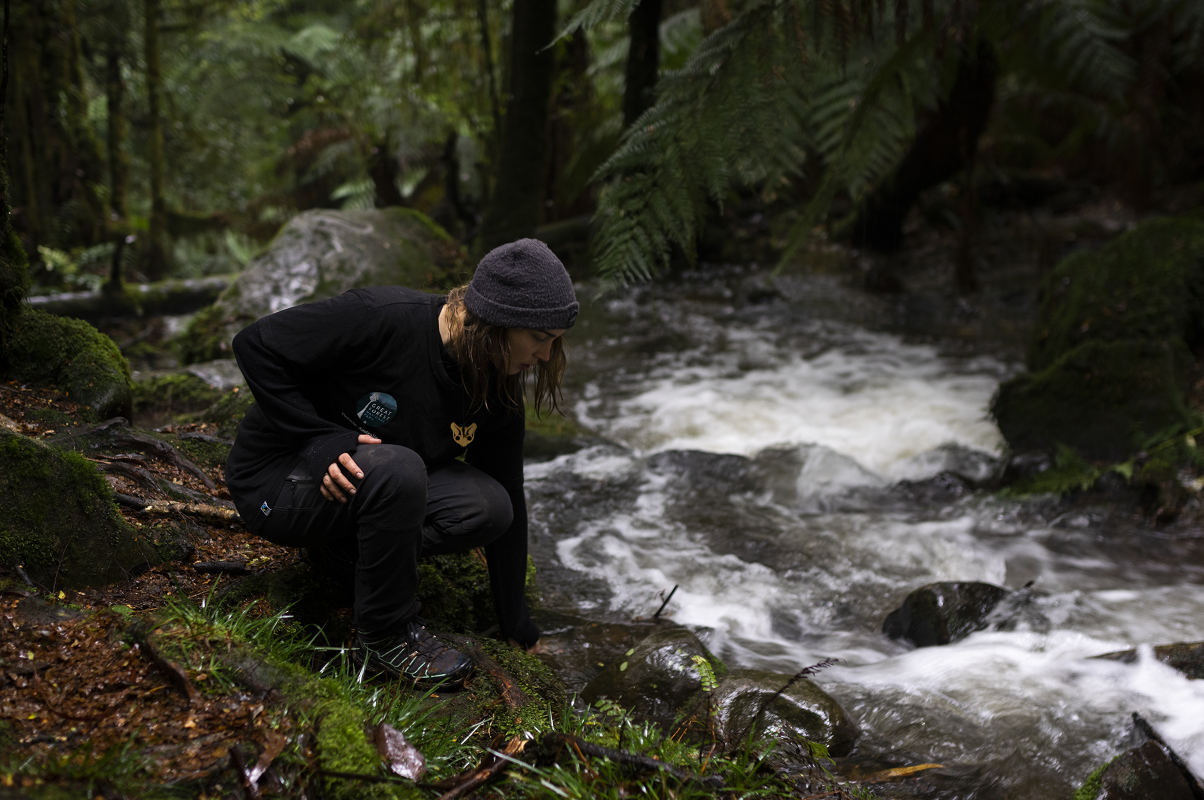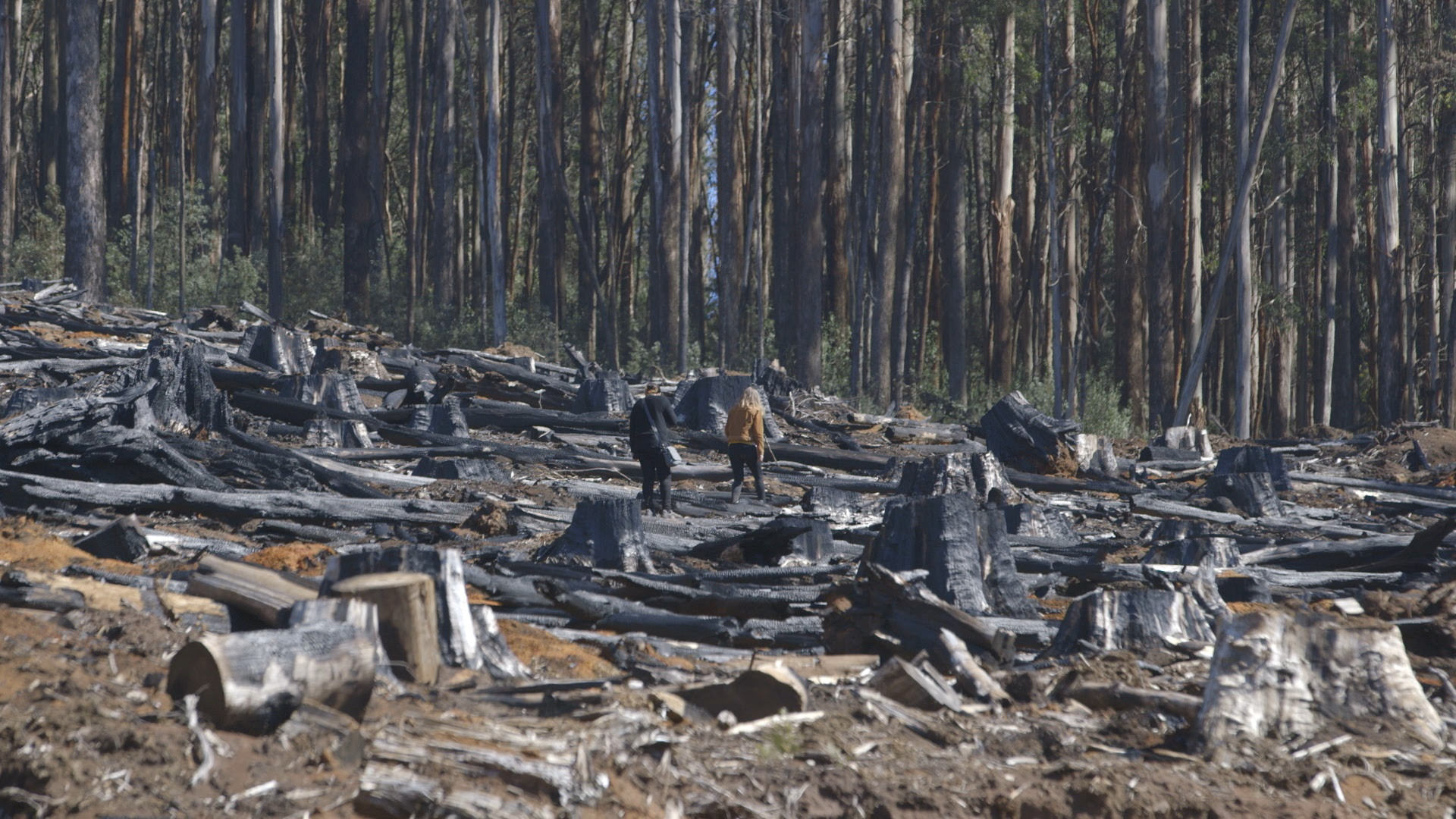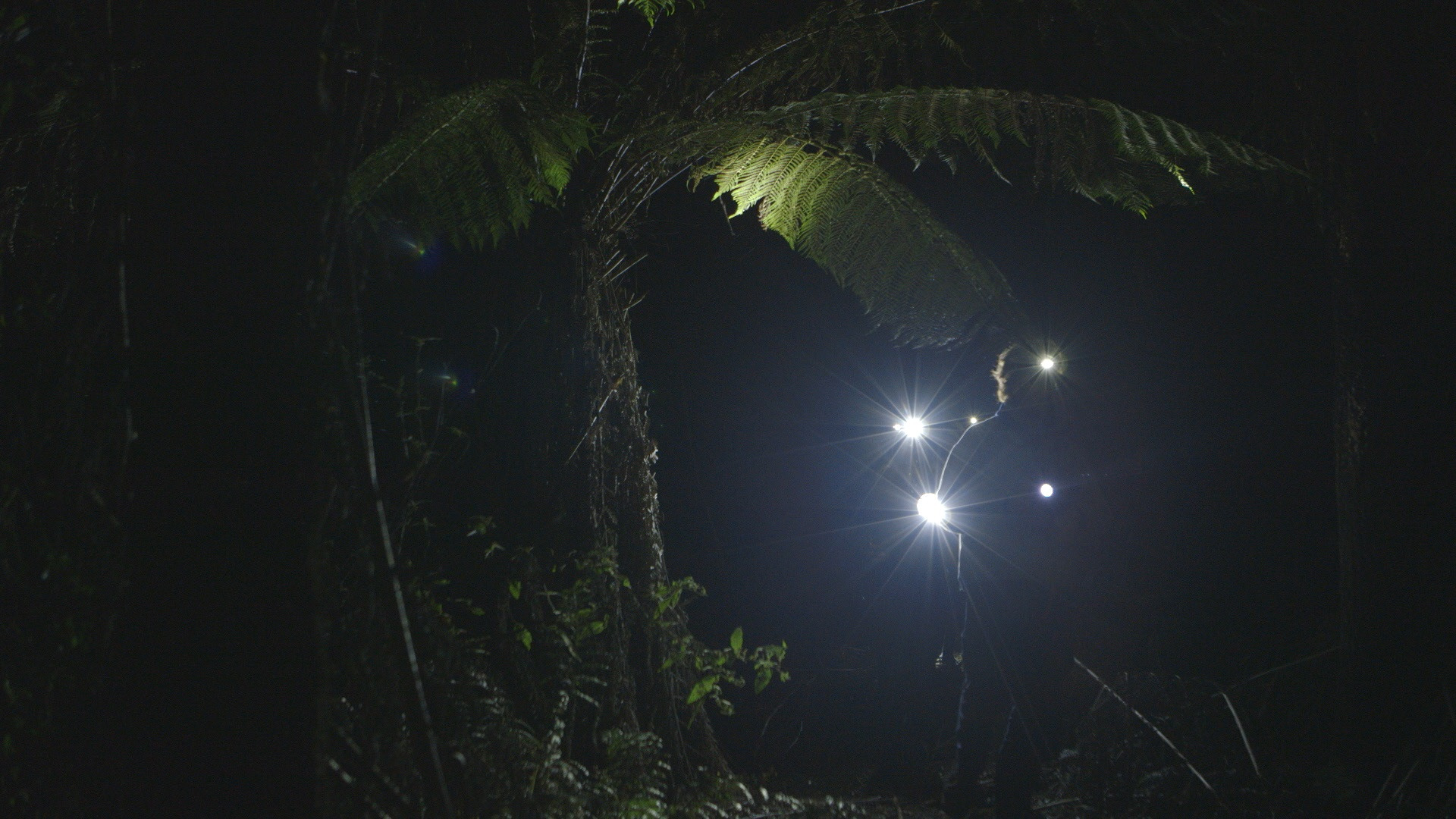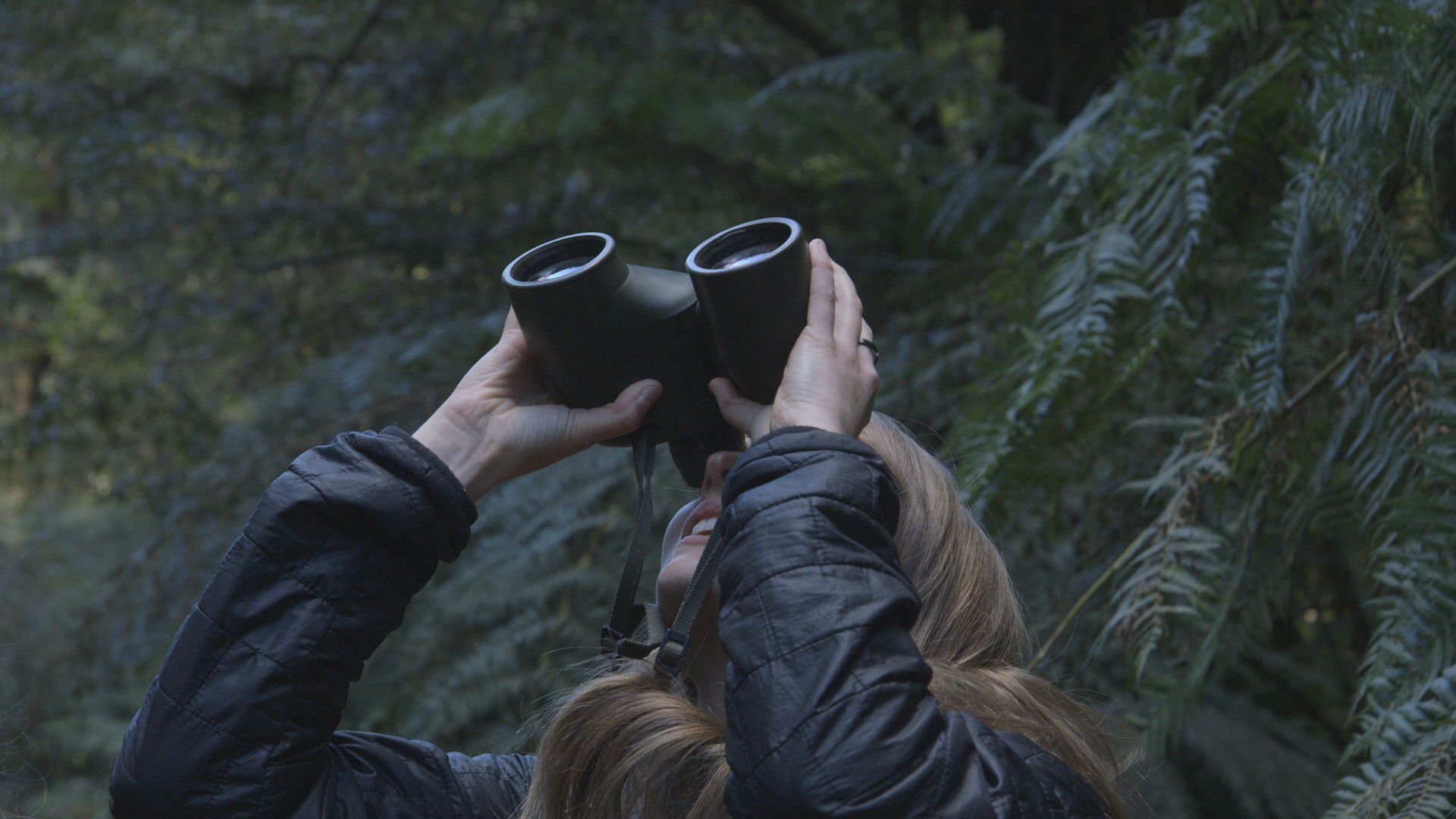News - 19 November 2018
Meet the forest guardians

Several nights every week, a small group of dedicated volunteers venture out into Victoria’s Mountain Ash forests in search of threatened animals, like the Leadbeater’s Possum and Greater Glider. Their ultimate goal? To prevent the logging of critical habitat by state government loggers, VicForests. But they shouldn’t have to be out there at all.
It’s dusk in the forest. The group huddles together, their collective breath held, eyes and thermal imaging equipment trained on an old, dead tree. The conditions are ideal for this type of surveying: the evening sky is clear and moonlit; the air crisp and still. The silence is only punctuated by the familiar, two-note call of a southern boobook owl.
This is a ‘stag watch’—camping out underneath a hollow-bearing tree favoured by nesting, nocturnal animals, and seeing who emerges as the sun goes down. The group of young people intently focused on the old stag goes by the name WOTCH—Wildlife of the Central Highlands—and they’re desperately hoping to record a Leadbeater’s Possum at this site. Under current regulations, a sighting of the possum should trigger an immediate 200 metre buffer, saving the surrounding forest from being clearfelled—a process in which all the trees are smashed to the ground, and the remnants rounded up and burned. But most experts say 200 metres falls far short of the range required for the species to thrive.
WOTCH recognises that something is very wrong with Australia’s current system of environmental protections.
“We wouldn’t have to survey if we had proper protections for threatened species and ecosystems,” Maggie, a member of the WOTCH team, explains simply. “So, the work the surveyors do is immediately protecting the habitat—but what we really need is a system overhaul, otherwise we’re just bailing water while the boat sinks.”
It’s time for nature laws that work

If something doesn’t change, threatened species like the Leadbeater’s Possum will go extinct in our lifetime. And one of Victoria’s most precious natural resources—and the world’s most carbon-dense forest ecosystem—will completely collapse.
The problem is that right now, dodgy deals called the Regional Forest Agreements allow logging to go ahead here—without even having to comply with national environment laws.
Hayley, a WOTCH surveyor, finds the lack of protection difficult to comprehend. “To me, it’s really obvious that the forests are so important to preserve. We breathe the air that the trees create. We drink the water that comes from the forest. And seeing them destroyed is absolutely heartbreaking.”
There’s a better way—and you can make it happen
Australia’s current environment laws do not protect against logging or deforestation, opening the door to mass destruction of precious ecosystems, like the Leadbeater’s forest home.
With a federal election only months away, now is the time to push for new, national nature laws that work.
This is an incredible chance to demand change. By donating today, you’ll be helping put laws in place that provide life support to threatened wildlife like the Leadbeater’s Possum—and the precious forests that support all of our lives.
Back in the forest, a ripple of anticipation passes through the WOTCH team. A tiny creature has shown up as a bright, darting form on the screen of the thermal imaging machine. With the red light torches now pointed up at the tree canopy, it’s immediately clear that it’s a possum.
“Leadbeater’s are lightning-fast and very inquisitive, and often come down the trees to check us out,” Hayley whispers, struggling to contain her excitement.

As predicted, the small marsupial begins to scamper down the trunk of a Mountain Ash towards the group. But then a gasp goes up—the animal has launched itself from the tree, sailing silently overhead and out of the torch beam.
It’s a sugar glider—not a Leadbeater’s Possum. While the WOTCH team appreciates the display, this is not the native species they’re hoping to record tonight.
But the night is young. Sometimes these surveying expeditions go on until sunrise. Hayley and the rest of the surveyors are not giving up yet—they have faith that, eventually, their commitment will be rewarded.
Without the dedication of volunteer groups like WOTCH and the support of nature enthusiasts like yourself, threatened wildlife like the Leadbeater’s Possum—and the forest homes they inhabit—wouldn’t stand a chance. But your help is urgently needed for the current system to be overhauled so that it actually protects our shared future.
Hayley reflects on the current situation: “When you see an area of the forest that you had once walked through as a beautiful intact ecosystem, and when you go back it’s flattened to the ground, it’s pretty gut-wrenching and makes you just want to do whatever you can to keep helping and keep fighting.”
Together, we can win this fight.

